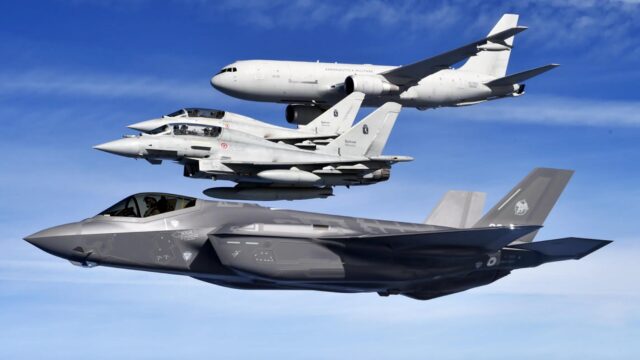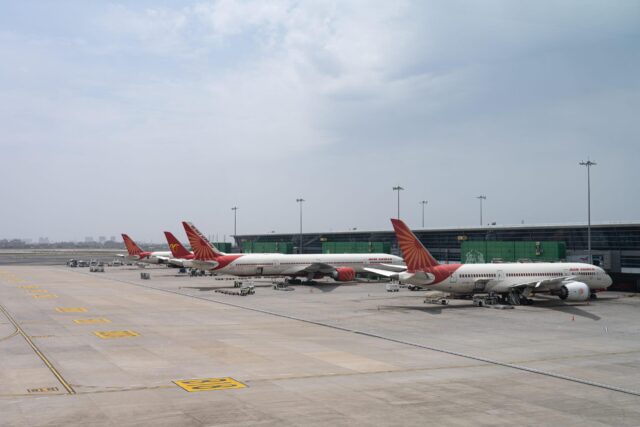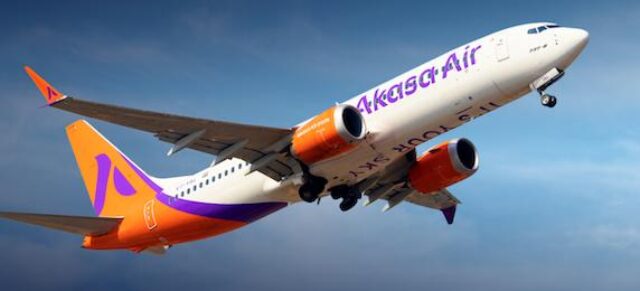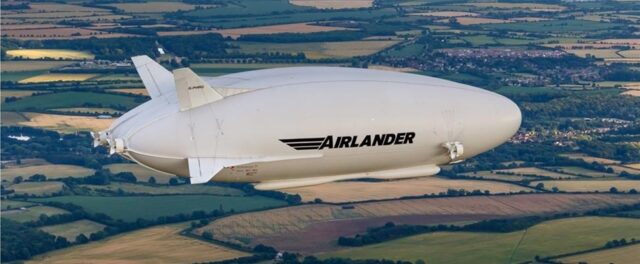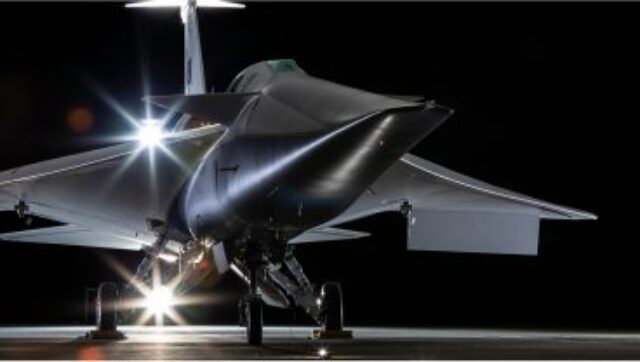FlyOnE to purchase 30 electric Smartflyer SF1 aircraft

Swiss-based electric aircraft manufacturer, Smartflyer, has announced a major partnership with FlyOnE Sustainable Aviation.
The agreement, formalised through a letter of intent, involves the purchase of 30 Smartflyer SF1 aircraft which will be operated across Australia.
The news follows FlyOnE’s successful investment campaign via the crowdfunding platform Birchal, where the company secured substantial backing.
FlyOnE has facilitated over 1,700 electric passenger flights and completed 1,000 missions using its fleet of electric aircraft.
The electric aviation sector in Australia is in its early stages but gaining momentum as the country seeks to reduce carbon emissions and embrace sustainable technologies.
Companies such as FlyOnE are leading the way, establishing electric aircraft fleets and developing infrastructure, including a growing network of charging stations.
Australia’s vast geography and reliance on regional air travel present both challenges and opportunities for the industry.
While the current electric aircraft models are ideal for short-range flights, innovations in battery technology and hybrid solutions are helping to extend range capabilities, making electric aviation increasingly viable for remote areas and longer routes.
The Smartflyer SF1 is capable of all-electric missions and boasts range extension options up to 800km or five hours of endurance.
FlyOnE is also developing a network of charging sites across Australia.
CEO and founder of FlyOnE, Korum Ellis, said “The Smartflyer aircraft is uniquely suited to address Australia’s geographical aviation challenges, while still offering the lowest impact energy sources for our sustainable future.
“We’re excited to bring this amazing aircraft to the APAC region to shape the future of air transport and aviation solutions for the growing low-altitude economy.”
